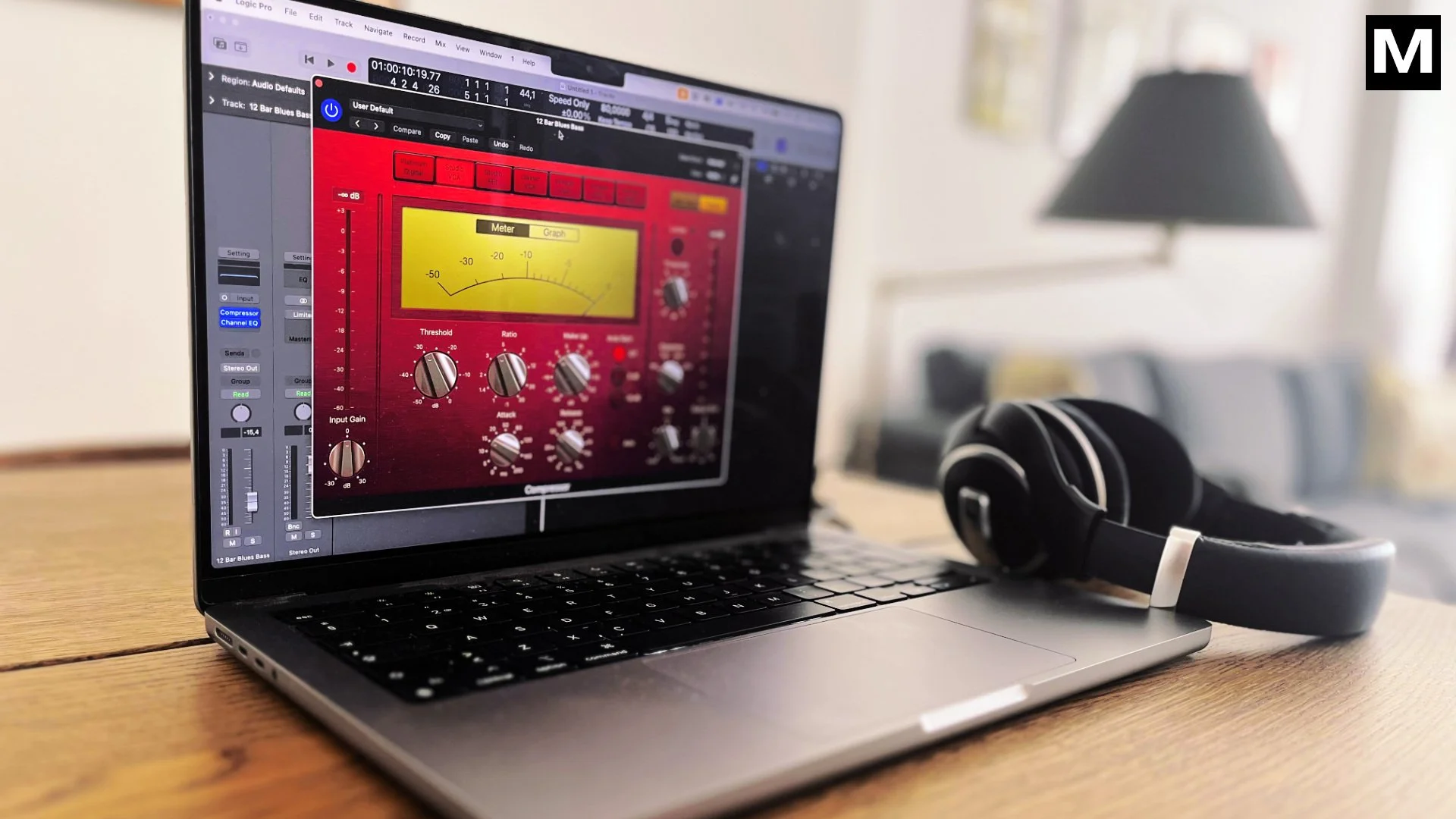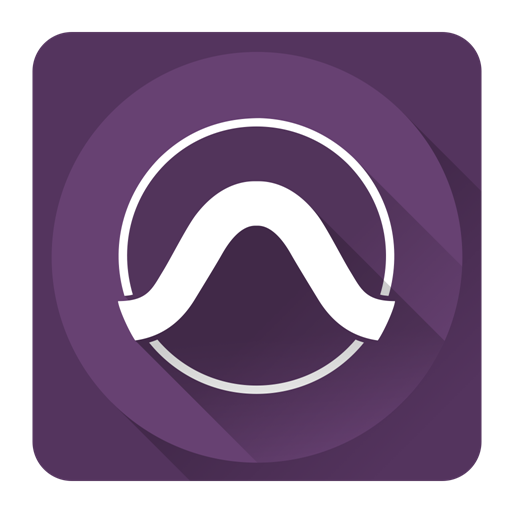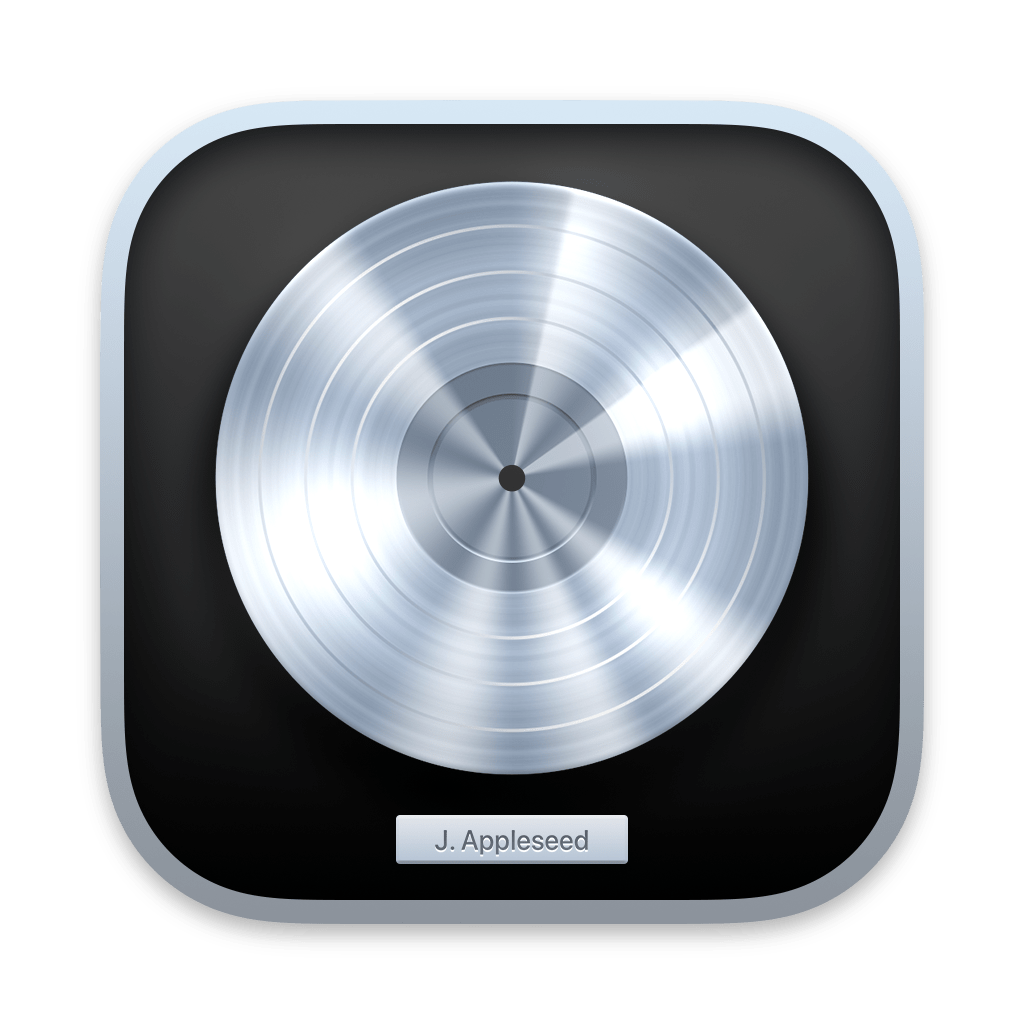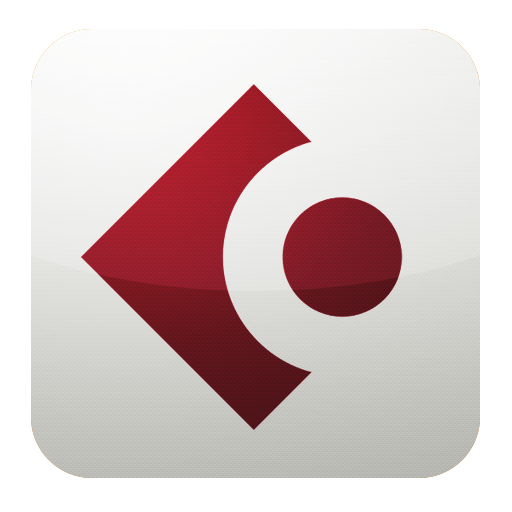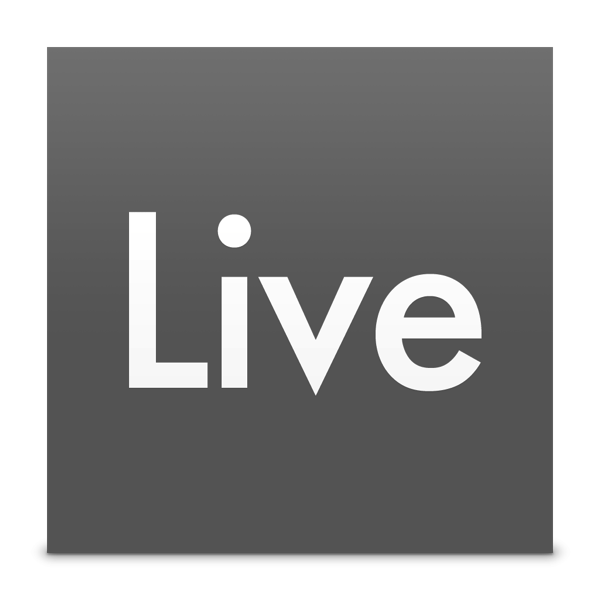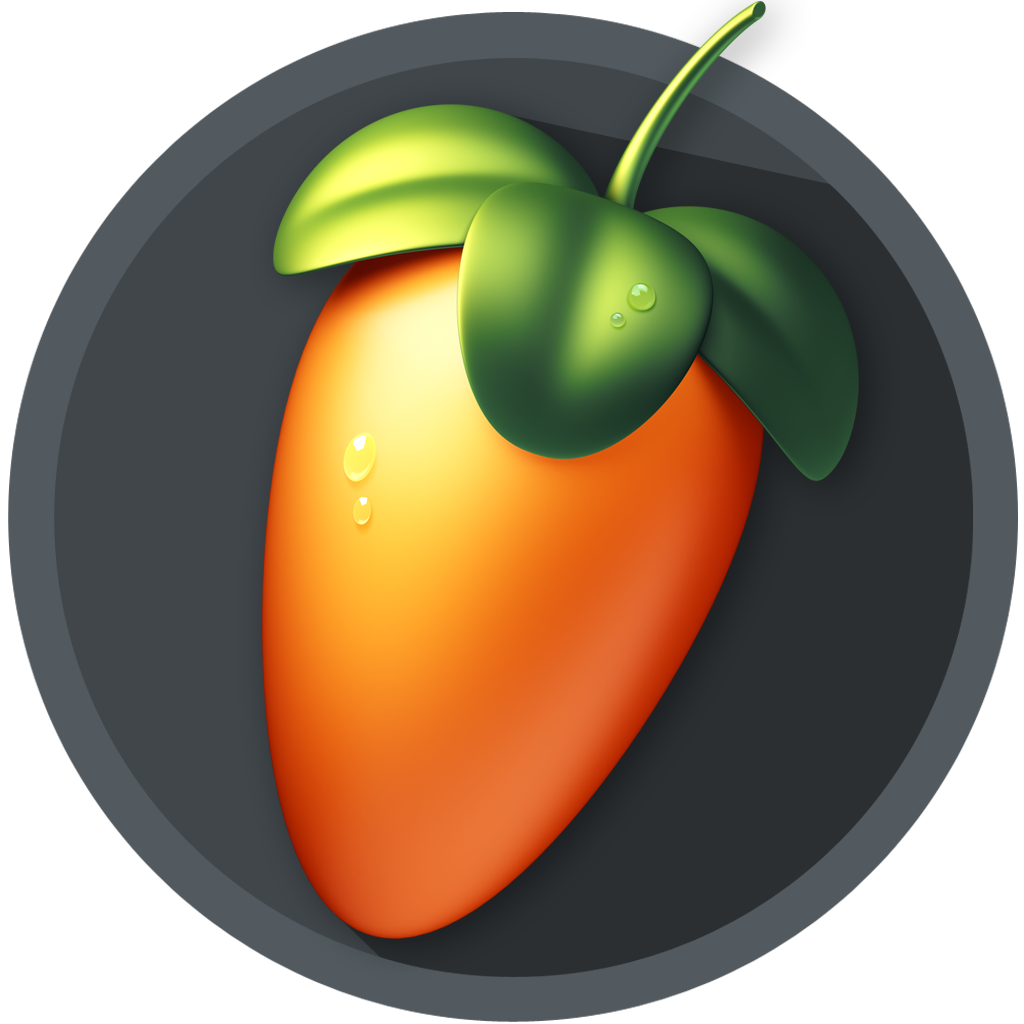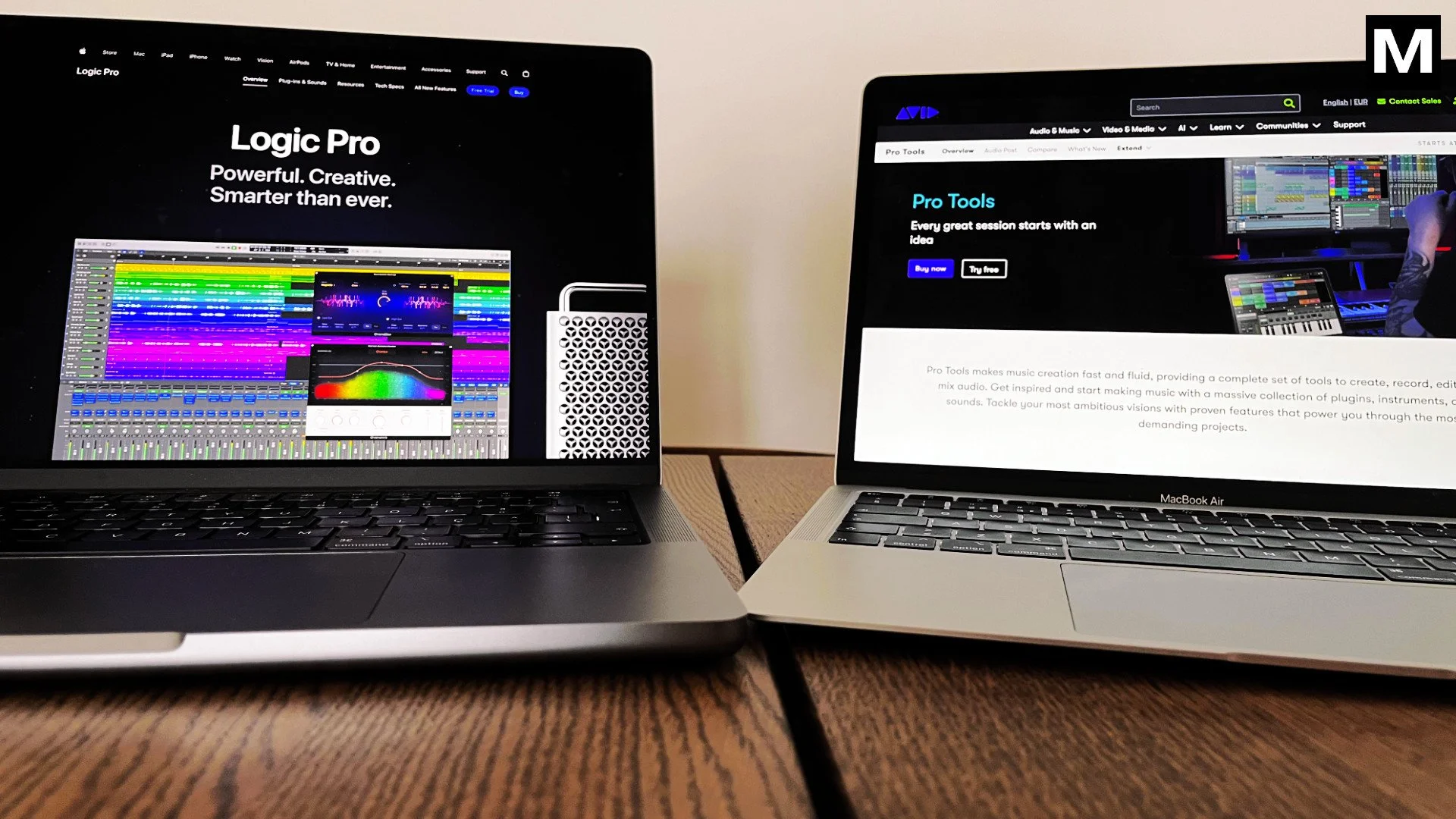Music Production Tips: How To Get Good Fast
It’s really hard to get the sound you have in your head when you’re just starting out at music production.
The DAW feels too complex and impossible to use. Whenever you record a sound into your computer, it always sounds kinda off, plugins don’t really sound like you see in those pro youtube videos… bah, it’s pretty exhausting.
The good part is that it’s temporary.
Once you “get gud", most things become automatic. I don’t really think about what I’m doing anymore, Logic just feels second nature and I rarely struggle to make things sound good - that’s you if you keep at this long enough.
Here’s the 5 ideas I always tell my students at the start of their production journeys:
1. Do it everyday. Practice makes perfect.
As in every activity you want to get good at, hours put into it are your biggest bottleneck.
The 10,000 hour rule seems pretty accurate to me - not sure if the number is accurate, but the idea definitely is.
After producing hundreds of songs from hundreds of musicians, it’s become pretty clear to me that being good at production is more about practice than anything else.
Sure - having the right gear/room is mega important, but unless you’ve put in the hours, it doesn’t matter what your setup looks like - it won’t sound as you’d like it to.
Couple tips for your daily practice:
Try to get a routine going - set a time in your day just to produce and stick to it
Watch and read as much as you can about production - learn from other people’s experience
Don’t get discouraged because you suck - we all suck at the beginning, even your favorite producers
Once in a while send your latest mix/demo to a friend to get some feedback, but avoid being pushy
Don’t disregard the power of staying with it. Every master at every craft has this in common; they’ve been doing it for a very long time.
2. Stick to one DAW - at least for now.
DAW’s (Digital Audio Workstations) are the modern software programs we use in our computers to record and edit audio and music. Like Logic, Pro Tools, Ableton or FL Studio.
And they are super complex - as they should. They allow us to do so many different audio operations that it’s kinda mind boggling. However, getting good at one of these programs is a really hard task.
Different DAW’s are indeed very different, and will allow you to explore some music genres or some tasks rather than others.
However, if you’re starting out and trying to get good ASAP, I really think you should pick one and stick to it.
You’ll need to get comfortable with key commands, mixer windows, piano roll, how to insert/remove effects, automation, etc, etc, etc. There’s so much to learn, if you try to do it in multiple programs at once, you’ll just compound the difficulty level.
Once you’re good at your current DAW - sure - maybe give FL Studio a try if you wanna get better at producing Trap or something. But for now, keep it simple.
If you’re asking yourself “what DAW should I pick?” - here’s a few pointers:
Considered the “industry standard” - steep learning curve, great for recording.
Popular with: Industry professionals, recording studios, mixing engineers
Price: 299$/289€ per year (Pro Tools Studio Annual Subscription)
💰💰💰💰💰 (Very Expensive)
Free Version: ✅ (Pro Tools Intro)
Very easy to get into, good for MIDI, good for recording. Only available for Mac/iPad.
Popular with: Musicians, music producers, content creators, also mixing engineers
Price: 199.99$/229.99€
💰💰・・・ (Accessible)
Free Version: ✅ (Garageband [included with MacOs])
The most popular “all-arounder”. Good for pretty much anything.
Popular with: Recording studios, musicians, music producers, mixing engineers
Price: 579.99$/579€ (Cubase Pro 13)
💰💰💰・・ (Medium)
Free Version: ✅ (Cubase LE [included with some audio interfaces])
Very popular for live music and DJ’ing. Really awesome DAW, not as good for recording as the others
Popular with: DJ’s, electronic music producers, musicians and bands (for live music)
Price: 749$/599€ (Live 12 Suite)
💰💰💰💰・ (Expensive)
Free Version: ✅ (Live 12 Lite [included with some audio interfaces])
Very different from the others, great for MIDI programming, hard to record with.
Popular with: Music producers (particularly for electronic music and hip-hop)
Price: 449$/539€ (All Plugins Edition)
💰💰💰・・ (Medium)
Free Version: ❌
Keep in mind that all DAW’s (or most) can be used by pretty much anyone for anything. These are just my ideas and my anecdotal experiences of working in this field for a long time. At the end of the day, you should pick the DAW you want to use above everything else. Anything that gets you into a session is a good thing.
3. Know your Stock Plugins like the back of your hand.
One of the first “problems” you’ll encounter in your journey to become a music producer is plugins.
Audio Plugins are small pieces of software that you install in your computer which will add additional functionalities to your music program (DAW).
There are usually two types of plugins: Stock plugins and third party plugins.
Stock plugins are the plugins that come bundled with your audio software, which are usually created by the same company that makes the program.
Third party plugins are any plugins which are not created by the company that made the program you’re using. There are many companies such as Native Instruments or Neural DSP, which are dedicated to the creation of audio plugins which you can use inside of your DAW.
Here’s what you need to KNOW
Third party plugins are usually said to be of higher quality than the stock plugins that come with your DAW. For a long time, this was absolutely true - stock plugins used to suck.
In 2024, this is no longer necessarily the case. Stock plugins have evolved a lot and DAW companies have put lots of effort into making their stock offerings a good value. This has resulted in a much less obvious quality distinction between stock and third party.
In my view, some stock plugins are even class leading - meaning they’re amongst the best at what they do. But of course, some others are still crap.
Here’s what you need to DO
Get to know all (or most) of the stock plugins (effects and instruments) in your DAW really, really well. By doing this, you’ll naturally start understanding what sounds good and bad. At a later time, when you want to start exploring third party stuff, you’ll understand if the third party offering is any better than the stock one or not.
4. Practice different styles. Even some you don’t like.
Being a professional music producer is more like being a service provider than a rockstar. Maybe in your mind you’re imagining making a beat for the next big rapper or going into the studio with a huge band - but that’s not the reality for most of us.
Living as an everyday music producer means attending to the needs of the musicians, companies and other employers who seek work from you. You’re rendering a service to a temporary employer as a contractor - that’s it.
Even when the “temporary employer” IS a big shot rapper, you’re still basically a service provider.
So what am I getting at here?
You need to be versatile and ready.
Getting work as a producer is hard, and frankly - rare (depending on where you live).
In most places on this planet, music is a small market where you can’t make a lot of money, so being able to render your services to the largest possible number of clients is, IMO, a very important skill.
Here’s a few different “classes” of people I’ve worked with in my decade-long journey as a producer:
Singers
Guitarists
Rappers
Banks
Bands
Museums
Universities
The only thing in common between a rapper and a bank here is that they both paid for my services, and the reason is that I had the necessary skills to get what they needed done. So how do you become versatile as a producer?
Produce a little bit of everything.
Try everything out and figure out how to do all of it.
Do you have a friend that has a podcast? ➡️ Ask them to let you edit the audio.
Does your friend play the cello? ➡️ Ask them to record it.
Here’s a brief list of stuff you should know how to do:
Record and edit a podcast
Mix and master any style of music
Record any instrument or vocal
Understand the practical difference between types of microphones (not just the theory)
Make a beat and record vocals over it
I’ve done some work that wasn’t exactly my cup of tea, but if you want to sustain a career in this activity, you’ll need to know your way around lots of different audio-related activities.
5. Find ways to make money from production.
I’ve found throughout the years that from all the people that started in this activity, the ones that actually sticked with it were the ones that found ways to make money from it.
If you are able to sustain your finances (or part of them) with your production, it’ll actually become more than a hobby, it’ll be a form of financial sustenance for you.
What happens then is that you start dedicating a much larger portion of your time to it, and consequently you become better fast.
If you’re looking for the cheat code to becoming a beast of a producer, start charging for your time.
As soon as you start paying bills with your production, you’ll start pouring more and more hours into it, and thus your skills will skyrocket.
And by the way…
If you want to skyrocket your skills, check out my course. It’s 6 weeks, live on Zoom and 1-on-1 with me. I’ll teach you everything you need to know to start your career in the best way possible. And it’s pretty well priced too! Go check it out:

